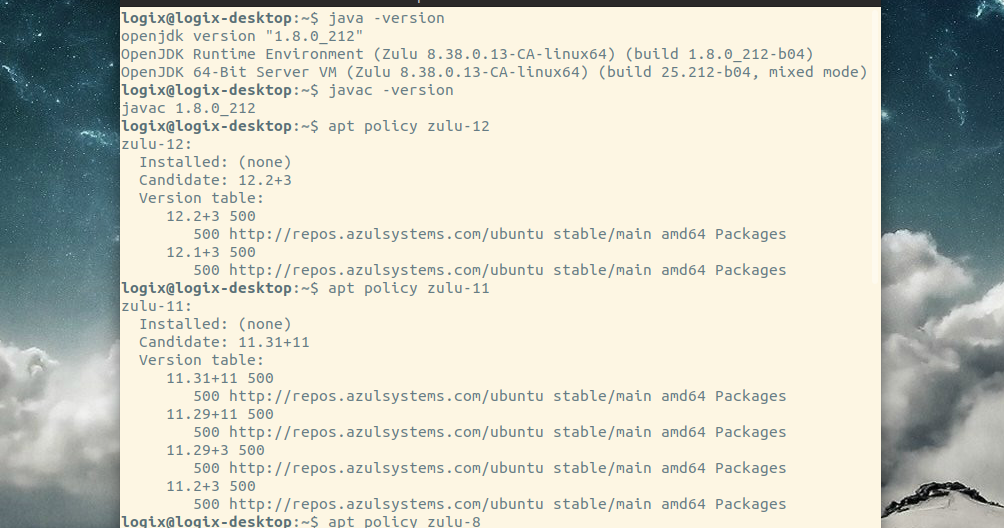
(, method:location-type: location-value)*, where methodĬan be timeStamping, caRepository or any OID. SIA or SubjectInfoAccess Values: method: location-type: location-value IAN or IssuerAlternativeName Values: Same as SubjectAlternativeName. The value argument is the string format value for the SAN or SubjectAlternativeName Values: type: value(,t ype:value)*, where The usage argumentĬan be abbreviated with the first few letters or in camel-case style, as Of anyExtendedKeyUsage, serverAuth, clientAuth,ĬodeSigning, emailProtection, timeStamping, EKU or ExtendedKeyUsage Values: usage(, usage)*, where usage can be one The usage argument can be abbreviated with theįirst few letters ( dig for digitalSignature) or inĬamel-case style ( dS for digitalSignature or cRLS forĬRLSign), as long as no ambiguity is found. KeyEncipherment, dataEncipherment, keyAgreement,ĭecipherOnly. Of digitalSignature, nonRepudiation (contentCommitment), KU or KeyUsage Values: usage(, usage)*, where usage can be one
DEBIAN INSTALL OPENJDK 11 FULL
The names are notīC or BasicContraints Values: The full form is: The keytool command supports these named extensions. Provided, means the extension's isCritical attribute is

Is omitted, that means that the default value of the extension or theĮxtension requires no argument. When provided, denotes the argument for the extension. Named Extensions) or an arbitrary OID number.

The name argument can be a supported extension name (see genkeypair and -gencert to embed extensions into theĬertificate generated, or in -certreq to show what extensions are Keytool -printcert ĭenotes an X.509 certificate extension. For example, here is the format of the -printcert
DEBIAN INSTALL OPENJDK 11 PASSWORD
Password to recover the private/secret key. Line, then the keytool command first attempts to use the keystore keypass option, if you do not specify the option on the command Values when the option is not specified on the command line.

Whoever claims to have created and signed it. Modified or tampered with, and authenticity means the data comes from Integrity means that the data has not been When data is digitally signed, the signature can be verified to check theĭata integrity and authenticity. Information) of some other entity has a particular value. (person, company, and so on.), that says that the public key (and some other The keytool commandĪlso enables users to cache the public keys (in the form of certificates) ofĪ certificate is a digitally signed statement from one entity Himself or herself to other users and services) or data integrity andĪuthentication services, using digital signatures. ItĮnables users to administer their own public/private key pairs and associatedĬertificates for use in self-authentication (where the user authenticates The keytool command is a key and certificate management utility.


 0 kommentar(er)
0 kommentar(er)
